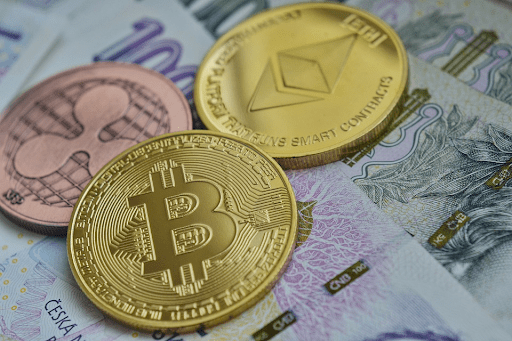As cryptocurrency and blockchain technology evolve, IDOs have become a game-changer by becoming a new way of raising funds. Also known as an initial dex offering, they have become famous for fundraising and investment in decentralised finance (DeFi). However, its concept can be confusing for many newcomers to the field. This beginner’s guide aims to comprehensively understand what they are, how they work, and their potential benefits and risks.
What is Initial Dex Offerings (IDO)?
It is a decentralised exchange (DEX) fundraising event. Unlike traditional initial public offerings (IPOs), these are fully decentralised and rely on smart contracts to automate fundraising.
They allow startups or projects to raise capital by offering tokens in exchange for other cryptocurrencies, such as Ethereum (ETH) or Binance Coin (BNB). These tokens are usually native to the platform or project and can be used for various purposes, such as voting rights or access to certain features.
How Do They Work?
These platforms are built on blockchain technology and utilise smart contracts to automate fundraising. The process typically starts with the project or startup announcing its intention to conduct an IDO on a specific DEX platform.
The project then sets the terms of the offering, such as the total number of tokens to be sold, price per token, and duration of the offering. Investors interested in participating can then contribute funds to the project in exchange for the offered tokens.
The funds investors contribute are held in a smart contract until the end of the process. Once the offering is completed, the smart contract releases the tokens to the investors in proportion to their contribution.
In some cases, the tokens may be distributed immediately; in others, there may be a lock-up period before the tokens can be transferred or traded.
Benefits of IDOs
One of the most significant benefits is that they provide a decentralised and transparent means of fundraising, allowing for limited access to retail investors. Traditional fundraising methods, such as venture capital, are centralised and opaque, with limited access.
IDOs offer high liquidity, allowing tokens to be traded on DEX platforms and providing opportunities for price discovery and market efficiency. Buyers and sellers can interact and determine the value of the tokens.
Other benefits include being less expensive than traditional fundraising methods, such as IPOs or private placements. They often have lower fees and fewer intermediaries, leading to lower costs for both the project and the investors.
Risks Involved
They face risks such as more regulation in the DeFi space, which is largely unregulated and vulnerable to fraud, scams, and market manipulation. Additionally, the need for more regulation can make assessing the legitimacy of a project or startup offering challenging. Investors must conduct due diligence and research the project and team before investing.
Another of its risk is the potential for price volatility. As with any cryptocurrency, the price of the tokens offered in an IDO can be subject to significant fluctuations due to market demand, supply, and other factors. Investors must be prepared for significant price swings, resulting in substantial gains or losses.
An initial dex offering is a decentralised way to raise capital in the DeFi space. They offer benefits such as transparency, liquidity, and lower costs but lack regulation and price volatility. Before participating, it is essential to conduct due diligence and research the project thoroughly. Therefore, investors should approach cautiously and seek professional advice before making investment decisions.



































